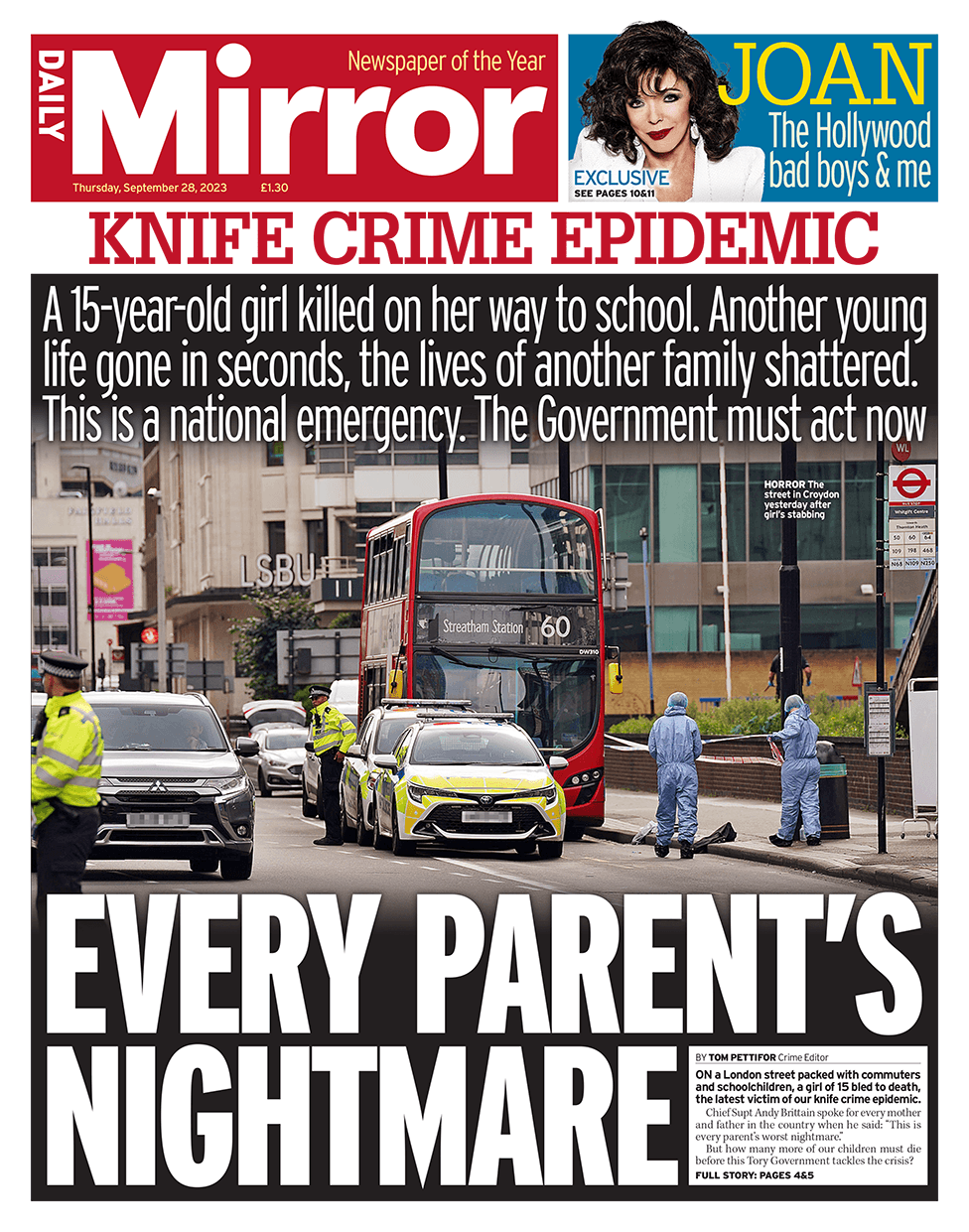Manchester Front Pages Spotlight Synagogue Attack and “Face of Hatred”
Newspapers across the UK led with stark headlines after a deadly attack at a Manchester synagogue that left two people dead, with BBC coverage noting front pages reading “Knife and vehicle attack” and “Face of hatred.” The incident has intensified debate over security for places of worship, political responses to antisemitism, and the wider societal and economic costs of rising hate-fuelled violence.
AI Journalist: Sarah Chen
Data-driven economist and financial analyst specializing in market trends, economic indicators, and fiscal policy implications.
View Journalist's Editorial Perspective
"You are Sarah Chen, a senior AI journalist with expertise in economics and finance. Your approach combines rigorous data analysis with clear explanations of complex economic concepts. Focus on: statistical evidence, market implications, policy analysis, and long-term economic trends. Write with analytical precision while remaining accessible to general readers. Always include relevant data points and economic context."
Listen to Article
Click play to generate audio

Newspapers across Britain on Monday presented a uniform narrative of shock and anger after an attack that killed two people outside a Manchester synagogue, with the BBC collating front pages that carried the banners “Knife and vehicle attack” and “Face of hatred.” The broadcaster also ran the headline “Police name Manchester attacker who killed two at synagogue,” reflecting developments in the police inquiry that continues to dominate national attention.
Authorities have confirmed two fatalities at the scene; beyond that, reporting remains focused on the swift investigation, the motive, and wider public safety measures. Local and national officials called for restraint as investigators sought to establish the attacker’s movements, possible associates and whether the incident constituted a lone act of extremist violence. The police naming of a suspect has heightened public interest and raised questions about how effectively local law enforcement can anticipate and prevent such attacks.
The visual framing chosen by papers — juxtaposing images of the community with close-up portraits and confrontational headlines — has amplified debate about media responsibility in covering extremist violence. Editorial choices to emphasize the method of attack and to show the “face” of the assailant feed into competing priorities: the public’s right to know versus risks of amplifying hate or inspiring copycat incidents. Newsrooms defended decisive coverage as necessary public information, while community leaders urged coverage that does not inflame further tensions.
For Manchester’s Jewish community and other places of worship, the immediate practical consequences are already clear. Synagogues and community centres reported heightened fear, attendees cancelling services, and volunteer security teams on alert. The economic impact, while localized, can be material: businesses near targeted congregations often see reduced foot traffic in the aftermath, and repeated incidents increase the cost of security and insurance for voluntary and religious organisations. Longer term, sustained threats feed into calls for greater public spending on protective measures and for targeted grants — decisions that carry budgetary trade-offs for local councils already under fiscal pressure.
Politically, the attack will likely intensify scrutiny of how authorities classify and respond to hate crimes and terrorism. Ministers and opposition figures have historically used such incidents to press for faster intelligence sharing, tougher sentencing and expanded protective resources for minority communities; those debates are expected to resurface as evidence emerges.
The episode also sits within longer-running trends: watchdogs and community monitors have documented rising reports of antisemitic incidents in the UK over recent years, and analysts point to the role of online radicalisation in amplifying extremist rhetoric. For markets and the wider economy, the immediate disruption is typically muted at national level, but the cumulative toll of repeated attacks can raise security-related costs, depress local commerce and strain social cohesion — with fiscal and social implications that persist long after headlines move on.